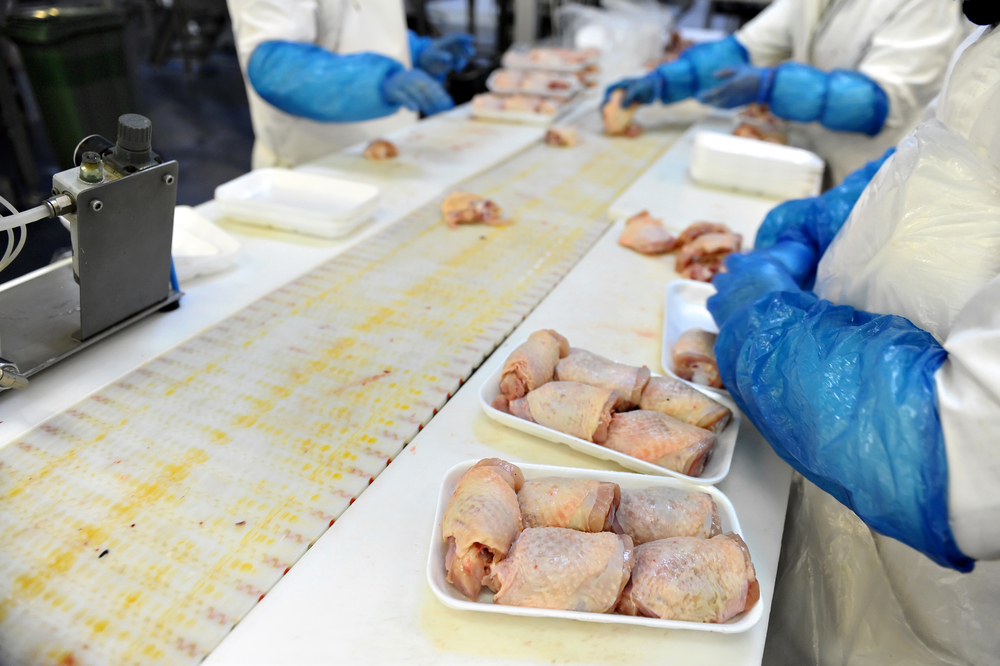Food
PHL gov’t imposes temporary ban on Oregon poultry meat and eggs
MANILA — The Philippine government has put a temporary ban on the import of domestic and wild birds and their products coming from Oregon, the United States, as a precautionary measure against Avian Flu.
Agriculture Secretary Proceso Alcala said the poultry products, including poultry meat, day old chicks, eggs, and semen originating from the Avian flu affected state of Oregon in the US will not be allowed into the country.
He likewise ordered that with the exception of heat-treated products, all shipments of aforementioned items shall be stopped and confiscated by DA veterinary quarantine officers/inspectors stationed at all major ports.
Aside from restricting the entry of poultry products, Alcala also called for the immediate suspension of processing, evaluation of application, and issuance of Sanitary and Phytosanitary (SPS) import clearance for the mentioned products from said place.
On Dec. 19, 2014, HPAI H5N8 was confirmed in a Douglas County backyard bird flock near Winston, killing 20 guinea fowl and two chickens. This is the same virus strain found in a captive gyrfalcon in Whatcom County, Washington. Avian influenza naturally resides in wild birds and it is fairly common for waterfowl to carry various strains of the virus.
The H5 avian influenza virus was confirmed by the Washington State University’s Washington Animal Disease Diagnostic Laboratory in Pullman. It was found in birds from a backyard poultry flock near Benton City. The flock of approximately 150 birds includes domestic waterfowl with access to the outdoors. There is also a pond on the premises frequented by migratory birds. The virus has not been found in commercial poultry anywhere in Washington or the United States.
A source from the Food and Agriculture Organization said that during winter season, HPAI outbreaks in North American countries are not uncommon phenomenon because the culpable virus thrives in cold climatic conditions.
As of the moment, the country remains free from the highly contagious avian influenza microbe. The Philippines has managed to maintain its bird-flu free status since the virus which afflicted Asian countries in 2003, affected the poultry of neighboring nations like Vietnam.
The Philippines, being an archipelago, has an edge when it comes to curbing the spread of livestock diseases. The advantage is that when a certain disease is widespread in an island, it is easier to contain and save the other islands. Landlocked countries are more susceptible to outbreaks.






















